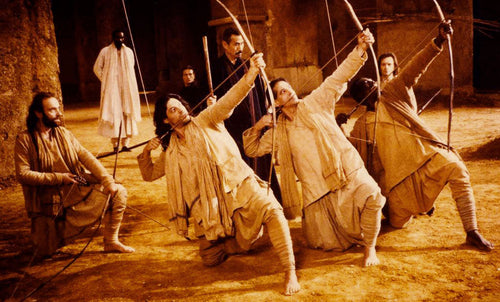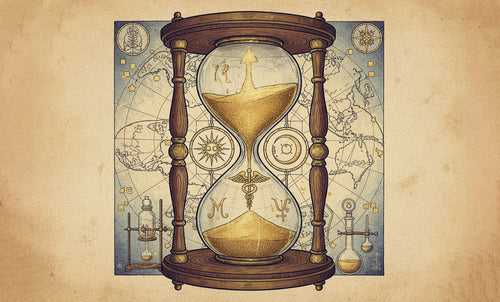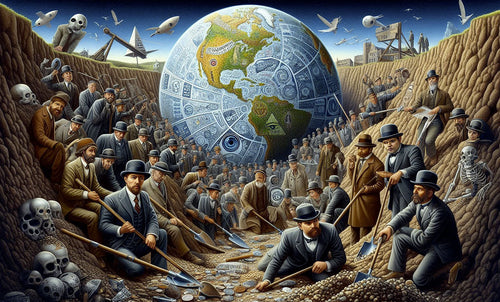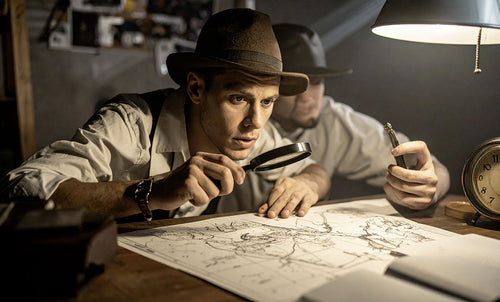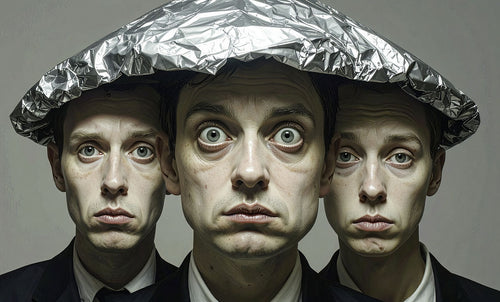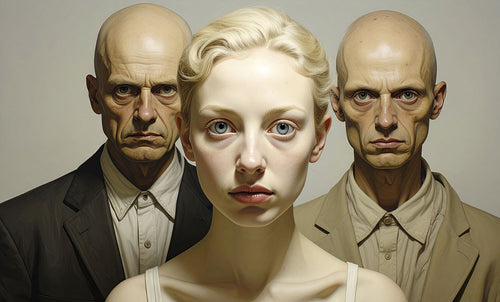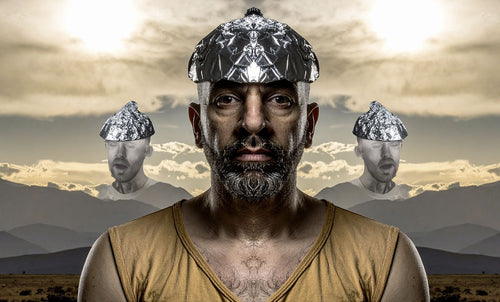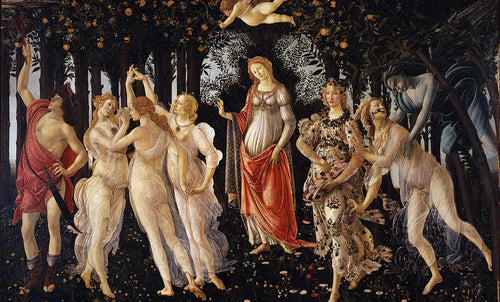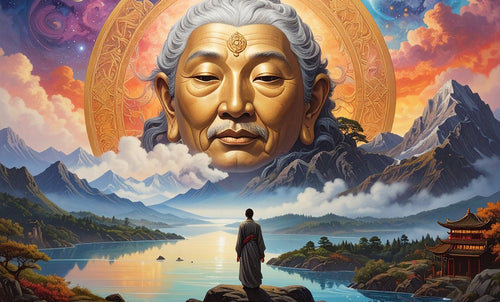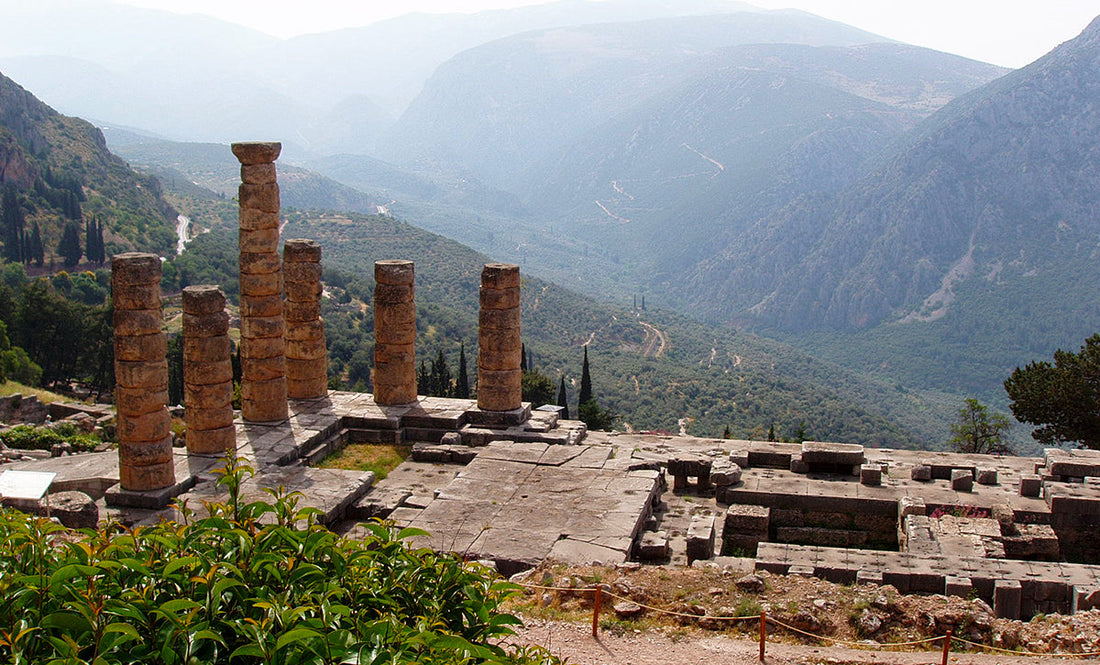
Why are we afraid of death?
Michele SistMaybe because we haven't understood what life is .
A couple of months ago I was contacted by a painter friend who proposed that I participate in a strange event. “You know,” he told me, “I really thought about you... because you would have a lot to teach 'those' people; I beg you, don't tell me no!”
And he explains to me that he recently organized a "rather unique" event together with a woman.
“She”, he continues, “for professional reasons found herself managing a social group with thousands of members, within which there is a large and growing number of people who ask to have a sort of close encounter with those who are the so-called "funeral equipment"... in particular they harbor the desire to be photographed inside a coffin; and we decided to please them", he concluded with a sly air.
I looked at him astonished, but he immediately added: “Who knows why they are looking for this kind of thing... perhaps because the times we are living in are not the easiest; within a society in which man is pushed more and more to the margins, people are increasingly tired and exhausted and probably looking for answers on the meaning of everything that surrounds us... including the inevitable end or the death".
“Or much more likely they are unconsciously looking for answers about the meaning of life - I added, in response - “Wishing to know closely and in advance those objects that are typical of our last hour could be a way to exorcise the fear of death: But you inevitably have this fear when you have not fully understood what life really is!”
“Here you see... I knew you would get to the point straight away! And that's why I called you - replied the friend - You would have a lot to say to these people and if you come I feel that it will be a unique event: We will set up a real funeral chapel for the public as well as other funerary objects, there will be my paintings are those in the 'evocative' genre, but above all you with your book give a profound meaning to all this. So are you coming?"
I looked into his eyes more astonished than before. It was the first time I was asked to present my book in such an "unusual" environment. At first glance, I confess that it sounded like a farce to me, and therefore I would never have descended to such a level. But finally after thinking about it, I became convinced; partly because very often - precisely where you don't expect it - you find treasures that you would never have imagined; and partly because, perhaps, deep down, I like challenges. In the end the event took place and it was truly a great success. And it also had a notable media impact: Radio Rai Due, La Verità, Il Gazzettino, Dagospia, etc. even talked about it.
But beyond all that, what really struck me was that a good portion of the people present were actually looking for answers; and not only on the meaning of one's life in relation to today's society, with its particularities and complexities; but also on the true meaning of existence, on man's eternal question: "Who am I?"
But let's get to the point. If we let our existence pass entirely unaware of who we really are, it is very likely that towards the last years of life a sense of fear regarding death will arise in us.
The fact is that this fear is essentially based on a misunderstanding, that is, it is essentially based on a lack of understanding of who we are and what life really is.
“Know thyself”: these were the words inscribed as a warning on the pediment of the Temple of Apollo in Delphi. Yes, because since ancient times the Masters had shown us the royal path of Awareness, with the aim of freeing us from the pains and chains of illusion that binds us from life to life.
Nisargadatta Maharaj , who was one of the greatest Indian Masters of Advaita Vedanta, expressed himself in these terms: “For every living creature, birth means the beginning of the “sense of being”. Until that moment no one knew they “existed”! Who or what was born then? It's just the sense of presence that's born.
[..] You have to act in the world, take care of worldly affairs, but you have to understand that what was produced by itself, that is, the body, the mind and the conscience, appeared even if no one asked for it. I didn't ask for it, it came to me in my original state which is timeless, spaceless and attributeless. So, it is what has happened that is acting in the world. It is the life force and the mind that are at work, but the mind wants you to believe that it is "you." So, you must always know that you are the timeless and spaceless witness. Even if the mind tells you that you are the agent of your actions, do not believe the mind. Always keep your identity separate from what you act, what you think and what you speak. What has occurred, the apparatus that is functioning, has occurred on your original essence, but you are not this apparatus. This must be kept firmly in mind."
And then again: “Understand what this consciousness is. Look what happens (..) A child is born, and the essence of food begins a new cycle. The child grows up, and at a certain point the sense of "I am" spontaneously appears in him. This "I am" begins to express itself with language and, using words, believes that the body that expresses them corresponds to himself. In its ignorance, the "I am" is convinced that everything the body feels, everything the body does, it feels and does. The conscience therefore identifies itself totally with the body... and this is how the ignorant believe they act autonomously!"
Identification, then. The whole issue revolves around this key word.
Ever since we are born, Nisargadatta explains to us (and not only him, nde), the people who are around us as parents and relatives, stick concepts on us: you are Mario, you are this (the body), etc... If on the one hand this is a good thing to happen (otherwise we won't be able to develop an identity that we need to act in the world), on the other hand it condemns us for life to believe we are what we are not, unless at a certain point point, we don't feel the need to investigate whether everything we've been told since we were little - and that we've ended up taking at their word - is true. This work of self-investigation is precisely the work that we are called to do on ourselves, to escape from the false perception of being a psychosomatic apparatus that ends up enslaving us for life; the mind is an excellent servant but a terrible Master, said the wise men. In fact, the mind wants to make you believe that it is "you", said Nisargadatta, and here lies the drama, the great misunderstanding; because we are led to be hostages of a "something" that we are not, and which furthermore - by its nature - is imbued with fears as it perceives itself as alone and separate from the rest of the world.
The question is that what we really are has nothing to do with the mind and its inevitable fears, for the fact that we are the undifferentiated and inconceivable Absolute that permeates everything; we are what the mystics have tried to define - obviously within the limits of words - as Sat-Chit-Ananda (immutable essence, awareness, bliss).
But how do you do this work of self-investigation then? This is done by following the "path backwards", the great Nisargadatta lovingly explained to us; we need to return to the source from which we started, to the point where we accepted everything that we were told (and that we took for granted) and then go directly to the root.
“How do you wake up from the dream world? A devotee asked in Nisargadatta.
- You must enter into peace, you must remain still!
- What should I look for when I'm still?
- You have to look at yourself. Meet the conscience. Conscience must look at conscience. The sense of "I am" must look at the sense of "I am". Abide in this state whenever possible... and everything will happen by itself."
It is only this "dwelling", therefore, that is required of us, and there is no goal to reach as some think, because we are already the Absolute now, we are already perfect; what happens is that we are simply dreaming.
As the Masters explain to us and as I report in my book " God plays videogames ", the Absolute as unique is undifferentiated, it separates itself from itself in order to express itself, to be able to interact, to be able to love. This is the only way he can do it since nothing other than Him exists. Precisely for this reason, this "game" must be played in an illusory manner (i.e. as in a dream) as there can never be a " true” separation: it is impossible. He is the all-pervading all, limitlessly!
Who is that God we talk about so much, if not ourselves?
Good work!

